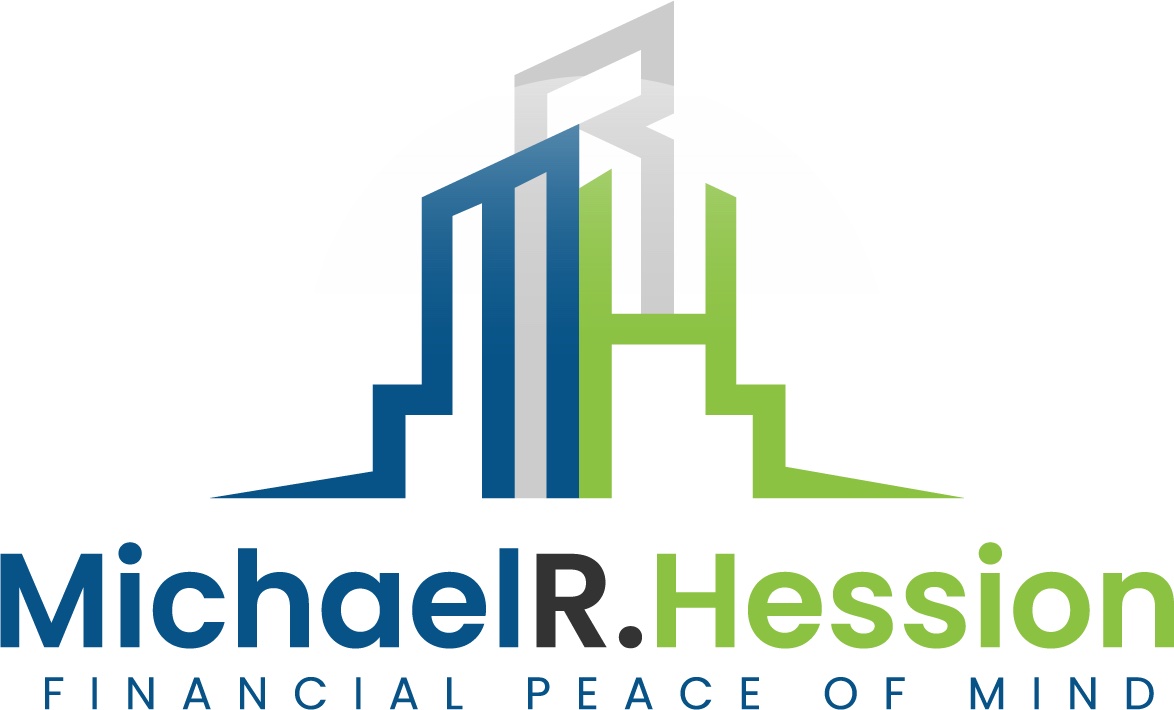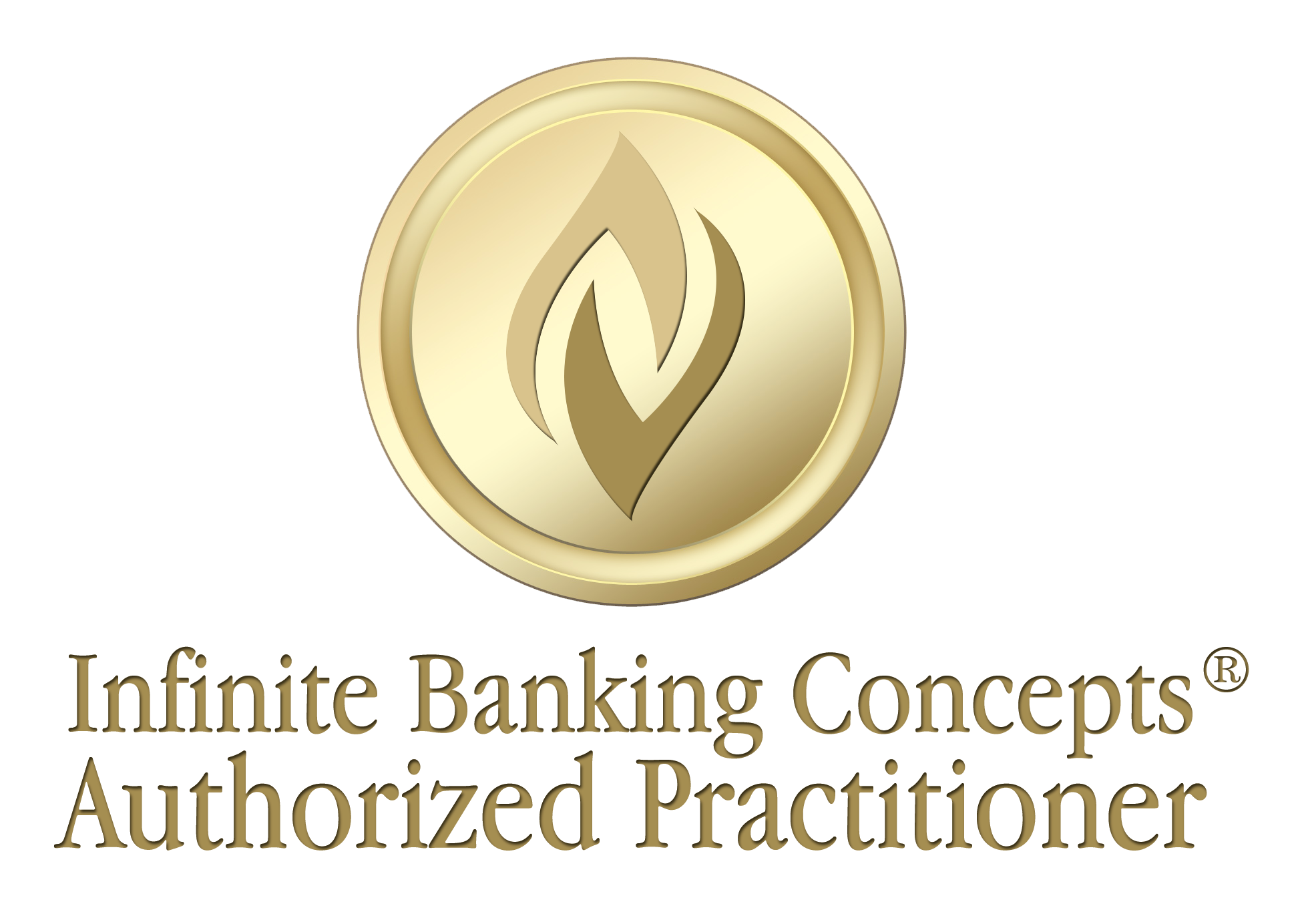WHAT EVERY SUCCESSFUL SMALL BUSINESS OWNER SHOULD KNOW ABOUT BEING PROPERLY PREPARED FOR BUSINESS SUCCESSION
I recently surveyed my network in the CBD/hemp space asking about their challenges with banking solutions, and how it may be impacting their business. I heard a lot of frustration about having access to the financial resources to support business growth.
Small businesses - those with fewer than 500 employees - make up 99% of the US economy in 2018. You also account for 47% of the private workforce (non-governmental), and micro businesses (those with less than 10 employees) account for some 75% of private sector employers. Almost 64% of the US GDP is generated by small businesses. No one would dispute that small businesses are a vital part of the U.S. economy!
It’s not all a bed of roses running a small business though. Here are some sobering numbers.
- Only 2/3 of small businesses survive two years in business, only 1/2 make it five years and just 1/3 survive for a full ten years. There are lots of reasons for this, and not being properly set up to handle unexpected speed bumps, potholes and wrong turns along the way are the main reasons why.
- And when it comes to family-owned businesses, which account for 89% of all U.S. business tax returns, only 30% of these survive to the second generation. These numbers illustrate how terribly important small business is to the U.S. and also how fragile these businesses can be if not set up properly.
- 82% of businesses cite cash flow problems as the main reason for their failure to survive.
Having been a small business owner myself, I understand how you can get so caught up in the running of the business that business continuation might not even be on your radar. I bring this up because it seems to be a common pitfall - especially to business continuity across generations when there are partners involved.
What’s your Business Succession Plan
Where a business is owned by more than one partner, it is important that there’s a plan in place for how the business continues when one of the partners no longer wants to be a part of the business. The remaining partners want to be sure that there’s an agreement in place about how the other person exits and who takes over their share of the business. In addition, you want to be sure to have a mechanism in place to fund the cross purchase of any shareholder value.
A Buy/Sell agreement can be very effectively funded by life insurance, but with a slight twist and more attributes than one might think. Here are just a few advantages of having a traditional Buy/Sell agreement funded by life insurance.
Life insurance provides an immediate death benefit
This is an essential component of any Buy-Sell agreement should an owner or partner pass unexpectedly. It allows for both the business to continue operating without disruption and for the family of the deceased to be taken care of financially. These proceeds are generally tax-free.
Dividend-paying whole life policies create tax-advantaged growth
Participating, or dividend-paying whole life policies through mutual insurance companies serve another important function besides the death benefit. It not only creates a vehicle where the cash value component can grow tax-advantaged, but that resource can be accessed tax-free by the business owner(s). These funds can be used for things such as equipment purchases, general cashflow maintenance and even retirement instruments (without the limitations and restrictions that government plans such as IRAs have).
Uninterrupted Compounding Interest
The most powerful aspect of leverage that we teach is that ability for business owners to take advantage of compounding interest on that rapidly accumulating cash resource. Think of it as the 'magic' that is uninterrupted compounding interest on your money. If there was a place where you could put your money into a high-compounding rate of return that's extraordinarily safe, and still have access to that money while not interrupting the compounding growth, would that be be beneficial to you and your business?
Living Benefits Advantages
Another benefit of these policies is that they’re also designed to help pay for what are called ‘living benefits’ as well.
We’ve all heard the stories, or even experienced them ourselves, of having a loved one become incapable of taking care of themselves and requiring professional care either in the home or in an assisted living, nursing home or other long- term care facility. No one wants to think of themselves ever getting to that point, but the numbers don’t lie, statistics reveal that 47% of men 65 and older and 58% of women 65 and older will require some form of long-term care in their lifetimes.
These types of whole life policies come with an accelerated benefit, which allows you to access the death benefit should the need arise during your lifetime. Along with the cash value, this can provide a lot of peace of mind just in case.
Leverage your quarterly tax installments
Small businesses can actually turn the quarterly taxes they set aside to pay Uncle Sam into an asset by first putting the money into their own ‘private banking system’. There is a largely unknown strategy where businesses can park money that's allocated for taxes into their own private banking system first, before paying them. This in essence takes something that is generally viewed as a liability (taxes) and turns them into an asset. We've all heard about the notion of "pay yourself first" - this is the best way I know of how to do so effectively!
Here's a Recap
Buy/Sell agreements funded by properly designed life insurance policies provide:
- Protection for the business from the death of an owner/partner and the ability for both the business and survivors of the deceased to be made financially whole.
- The ability for a business to create their own warehouse of wealth, where they can control their own cash flow, have tremendous tax advantages to the growth and access to their capital because they own their policies; and take advantage of uninterrupted compounding interest.
- Portions of the death benefits and/or cash values can be used in the event of an unexpected incapacitation or disability of an owner/partner, thus helping to mitigate the high cost of long- term care.
Feel free to reach out if you’d like to learn more about funding a buy-sell agreement, or how Private Banking Strategies can go to work for you to create your very own warehouse of wealth. These strategies can be applied by anyone looking to take control of their financial well-being and create long term wealth.




